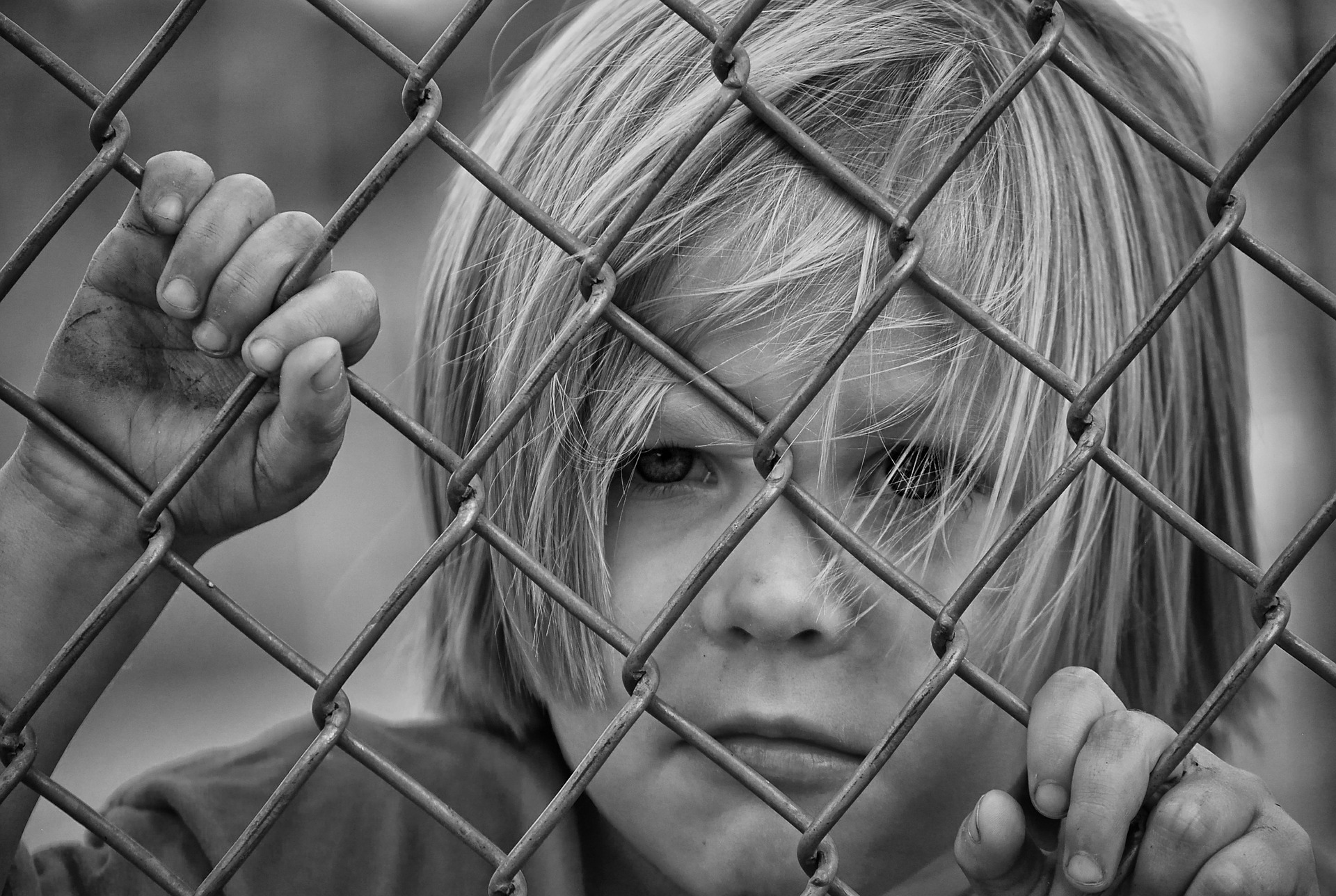Two UConn Health professors have received more than $3.8 million from the National Institute of Mental Health (NIMH) to study linkages between interpersonal violence exposure, biological and behavioral forms of stress reactivity and emerging psychopathology in young children.
An estimated 7.5 million young children in the United States live in homes where they are exposed to family violence. These early adverse experiences can have a lasting psychological impact on children and can lead to mental health problems that can persist into adolescence and adulthood.
Exposure to interpersonal violence can include witnessing psychological or physical violence, including violence between caregivers, and direct forms of victimization, such as physical abuse.
UConn Health’s Damion Grasso and Margaret Briggs-Gowan will look to understand the biobehavioral mechanisms that help to explain how and why different forms of mental health impairments develop in some, but not all, children exposed to interpersonal violence.
“I am grateful to the NIMH for supporting this research,” says Briggs-Gowan. “I am hopeful that this new study will ultimately help us to improve the lives of very young children who have been impacted by violence.”
Current models that study the impact of interpersonal violence exposure on young children’s behavior largely focus on threat reactivity – looking at the myriad of ways these children can react to a perceived threat at the biological and behavioral levels.
For example, some children may react to perceived threat by lashing out angrily, whereas others may become more fearful. A key question of Grasso and Briggs-Gowan’s study is to examine whether children’s reactions to threats are associated with their development of fear, distress, and disruptive behavior symptoms.
The researchers will look at several measures of threat reactivity including attention allocation and brain activity in order to explain the diversity in outcomes observed in young children exposed to interpersonal violence.
By identifying mechanisms that link interpersonal violence exposure and psychological impairment, the researchers hope to improve detection of children impacted by these experiences and pinpoint modifiable targets for prevention and intervention.
“Our hope for this research is to learn about key entry points and novel biological and behavioral targets for early intervention efforts with an eye towards reducing the burden of children’s exposure to interpersonal violence,” Grasso says.
The researchers also hope to glean insights into factors that support adaptation and resilience in children who have experienced interpersonal violence. How parents respond when their children are fearful or angry likely plays a key role in their children’s learning to cope with and regulate their emotions.
Yet, one size may not fit all. The researchers hope to identify common and specific features of parent-child interactions that help to promote more positive outcomes for these young children.
By developing empirically founded intervention models, researchers can help children impacted by interpersonal violence gain increased access to resources to facilitate prevention of symptom development or recovery from existing problems.
Grasso is an assistant professor of psychiatry and pediatrics at UConn Health. He received his PhD from the University of Delaware in clinical psychology. He completed a postdoctoral fellowship at the University of Connecticut School of Medicine.
Briggs-Gowan is an associate professor of psychiatry at UConn Health. She received her PhD from Yale University in developmental psychology. She completed a fellowship with the National Institute of Mental Health. Her research focuses on improving our understanding of and identifying social-emotional and behavioral problems in young children.
This project is NIH Grant No.: 1 U01 MH113390-01A1



